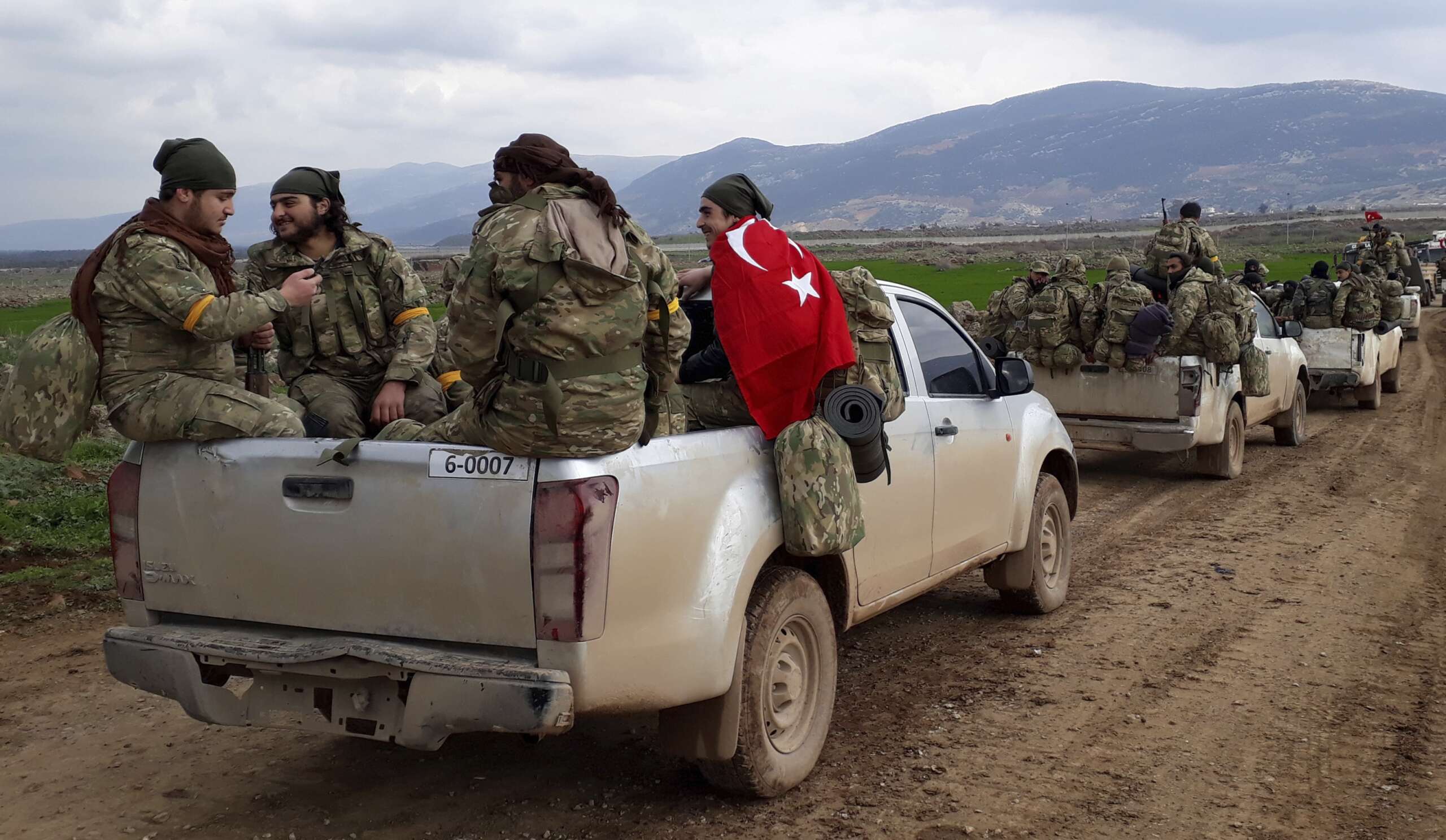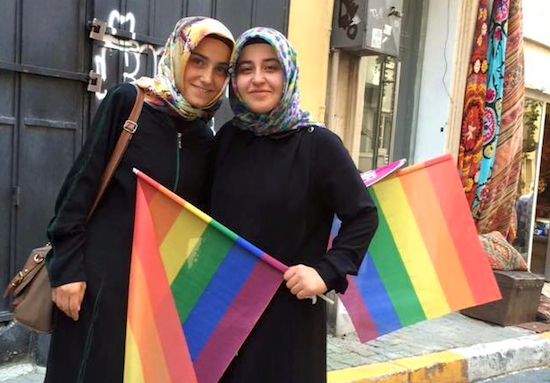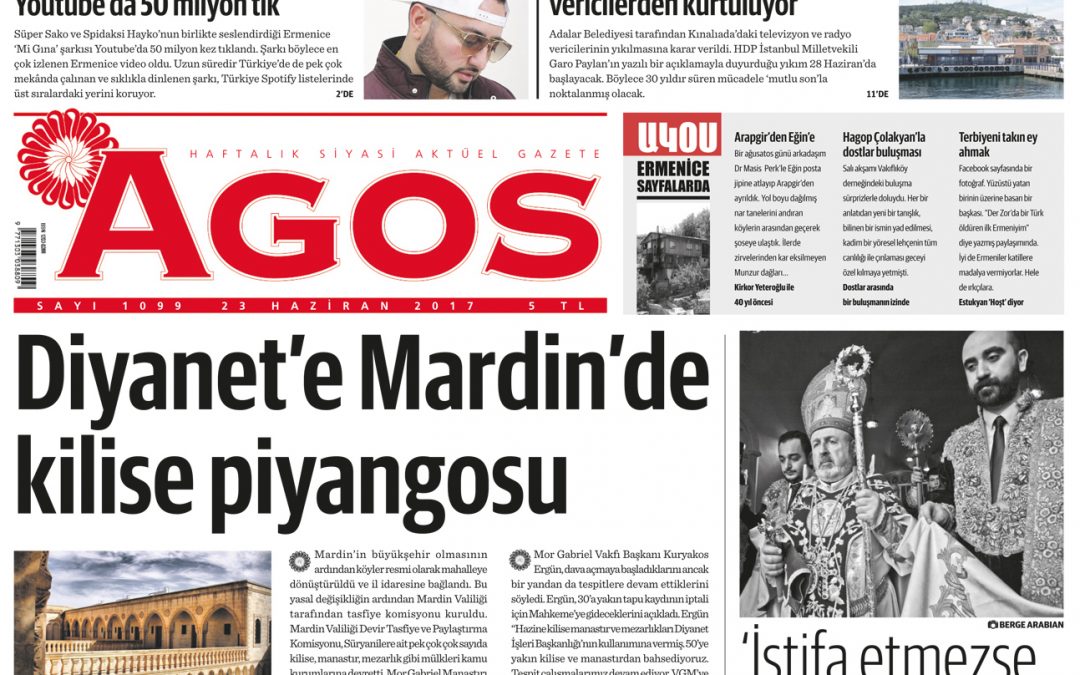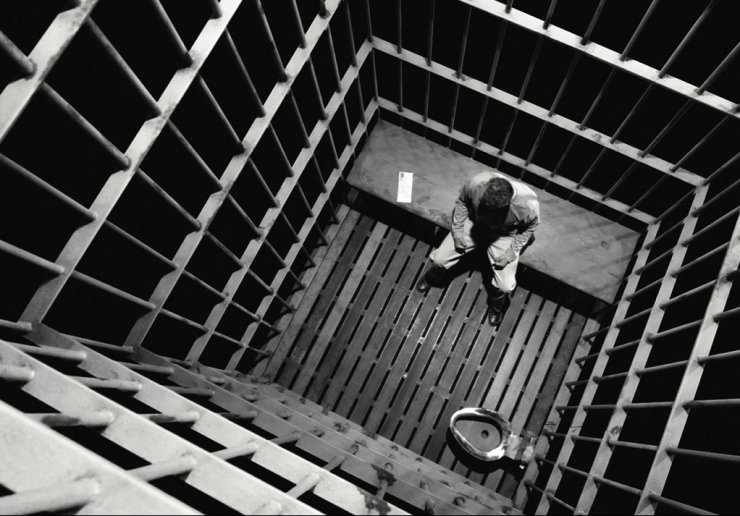By Joe Hammoura*
‘Every war is different. Every war is the same.’ – Anthony Swofford
[dropcap size=big]S[/dropcap]ince the beginning of the Olive Branch Operation in Syria’s northwestern Afrin region on January 20th, the Turkish army has launched massive air and ground force strikes on targets across the region held by People’s Protection Units (YPG) Kurdish militia in order to “eliminate all terrorist elements”.
Despite having the upper hand when it comes to the number of fighting men, technology, and war machines, the Turkish land progress was very slow and managed to control only less than third of the region’s geography. However, this is due to the sensitivity of the battlefield where hundreds of American soldiers are stationing, and to the unwillingness of Turkey to be labelled, yet again, as a country with no respect to human rights.
Another important reason for this slow progress is due to the identity of the attackers. Turkey is accompanied by thousands of newly recruited Syrians coming from different backgrounds with no aim other than revenging Kurds; Syrian regime’s on and off allies. The fighters referred to as “mercenaries” by YPG are usually placed on the closest points to the front lines in order to spare Turkey’s army of a high number of casualties. The recruitment of the Syrian fighters takes place through offices run by the Turkish military and set up in different Turkish cities where refugees, ex-military personals, and almost every Syrian in his twenties can apply. This procedure, however, is contrary to the international laws and human rights that unambiguously oppose the militarization of refugees.
On the other hand, the selection process is left to the Turkish military and its intelligence agencies who choose members with high tendencies of Islamic ideology and hatred towards the Syrian regime. The process ends with joining a wide range of Syrians with different backgrounds, ideologies, and experiences in common fighting groups which can be composed of normal Syrian refugees looking for a purpose in life to ex-Islamic State terrorists looking for revenge and spoils. The estimated number of Syrian fighters who joined the Olive Branch Operation offensive under Turkey’s leadership reached 10 thousands as many news outlets estimated.
The lack of talents on the battlefield of the much diversified recruited Syrians was accompanied, also, with lack of discipline. The “new blood” fighting men affiliated under the Free Syrian Army (FSA) stationed in Turkey and operating under Turkish control, has committed many violations of the law of war including civilians killing, random bombing, and mutilating a Kurdish female fighter.
A graphic video has emerged on social media and some news TV stations on the 2nd of February showing a mutilated body of a female Kurdish fighter affiliated to the YPJ; an all-women force fighting alongside the Kurdish YPG. The woman fighter was identified as Barin Kobani, whose real name is Amina Omar, and was allegedly killed in a small village north of the city of Afrin.
The video showed the woman’s body spread out on the floor and surrounded by FSA gunmen in military uniforms. Her bloodstained clothes have been partially removed exposing her breasts and genitals, parts of which appear to have been cut off. The fighters gathered around her body and were heard saying “this is the pig of the YPG.” Another fighter calls her body the “spoils of war”, followed by shouts of “Allah-u Akbar”; God is Great in Arabic.
The much-talked-about brutality of the seven-year-long Syrian war is old news. However, the mutilation of corps, human rights violations, and other sorts of atrocity committed by groups fighting under Turkey’s army is new. The lack of discipline shown in the video will most probably be followed by more violations in the upcoming days of the war in Afrin, where civilians and females will ultimately pay the heaviest price, almost like every battle of the Syrian war.
Despite not being the one physically committing these atrocities, the Turkish army is responsible due to its recruitment mechanism and the identity of recruits. Islamist ideologues, religious fanatics, and ex-Islamic State members are definitely not known for their respect to human rights, civilians or women. On the contrary, they believe in ideas that deprive women from many of their rights and consider them as featured genuinely in the video; “spoils of war”.
It might be slightly delusional to demand the Turkish army to enforce its internal rules, norms, and discipline on the FSA members. Additionally, accepting blame and responsibility for their part is not an easy task either, since Turkey can simply deny any control or direct institutional relations with the FSA personals on the battlefield. It might be even more delusional to ask the international society and the international community to prevent the atrocities in Afrin since these trustees over the international peace have not done much for the past seven years on the issue of the Syrian war which took the lives of more than half a million people.
Joe Hammoura is a specialist in Middle Eastern and Turkish affairs and is currently pursuing his Ph.D. in International Relations at Kocaeli University in Turkey. His work focuses on the internal Turkish policies, foreign affairs and its direct and indirect implications on the Middle East. He is a fellow researcher in Turkish Affairs in the Middle East Institute for Research and Strategic Studies (MEIRSS) based in Lebanon. Additionally he writes in different magazines, newspapers and websites about Middle Eastern affairs.



